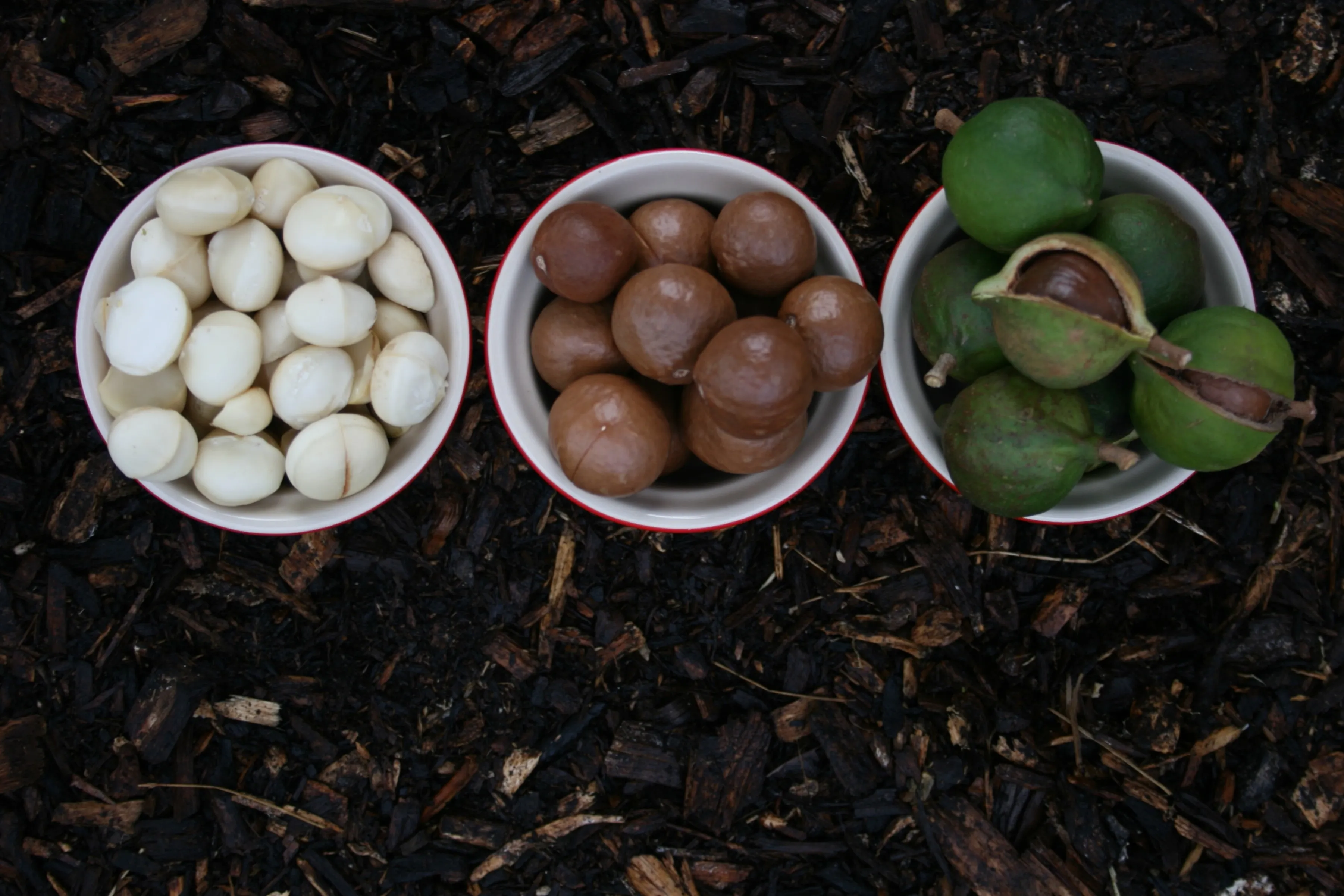The Benefits of Crop Rotation in Organic Gardening
Embrace the benefits of crop rotation in your organic garden with our expert guide. Perfect for Bangalore's varied climate, learn how rotating crops enhances soil health, prevents pest infestations, and boosts yield, all while adhering to sustainable gardening principles.

Introduction:
Crop rotation is a time-honored practice in organic gardening, crucial for maintaining the health and productivity of your soil. Especially in Bangalore's diverse agricultural environment, understanding and implementing crop rotation can lead to a more sustainable and fruitful garden. Vriksha Farms is dedicated to promoting this essential practice as part of our commitment to eco-friendly and efficient gardening.
Understanding Crop Rotation:
Crop rotation involves changing the type of crops grown in a particular area of your garden each season. This practice prevents the depletion of specific nutrients, reduces the buildup of pests and diseases, and can improve soil structure and fertility.
Benefits of Crop Rotation:
Enhanced Soil Fertility: Different crops have varying nutrient needs and contributions. Rotating them helps maintain the balance of soil nutrients.
Pest and Disease Management: Many pests and diseases are crop-specific. By rotating crops, you break their life cycles, naturally reducing infestations.
Weed Suppression: Certain crops can outcompete or suppress weed growth, reducing the need for herbicides.
Increased Crop Yield: Healthy soil and reduced pest and disease pressure often result in higher yields of healthier crops.
Implementing Crop Rotation in Bangalore:
Given Bangalore's climate, rotate crops according to the seasons. Include a mix of heavy feeders (like tomatoes), light feeders (like onions), and soil-enriching legumes (like beans). Planning a rotation schedule that suits your garden's size and the local climate is key.
Crop Families in Rotation:
Understand the family groups of crops (like nightshades, legumes, and brassicas) and avoid planting the same family in the same spot consecutively. This helps in managing nutrient requirements and disease prevention effectively.
Sustainable Crop Rotation Practices:
Incorporate green manures or cover crops into your rotation plan. These crops can be turned into the soil, enriching it with organic matter and nutrients.
Conclusion:
Crop rotation is a simple yet powerful tool in organic gardening, especially in a region like Bangalore. It contributes significantly to sustainable and successful gardening by naturally maintaining the health of your soil and crops. As part of the Vriksha Farms community, embracing crop rotation is a step towards a more productive and environmentally responsible garden.
Call to Action:
Enhance your organic gardening techniques with Vriksha Farms. Explore our managed farmland plots, ideal for practicing sustainable crop rotation and other organic gardening methods. Start your journey towards a more efficient and eco-friendly garden today.
